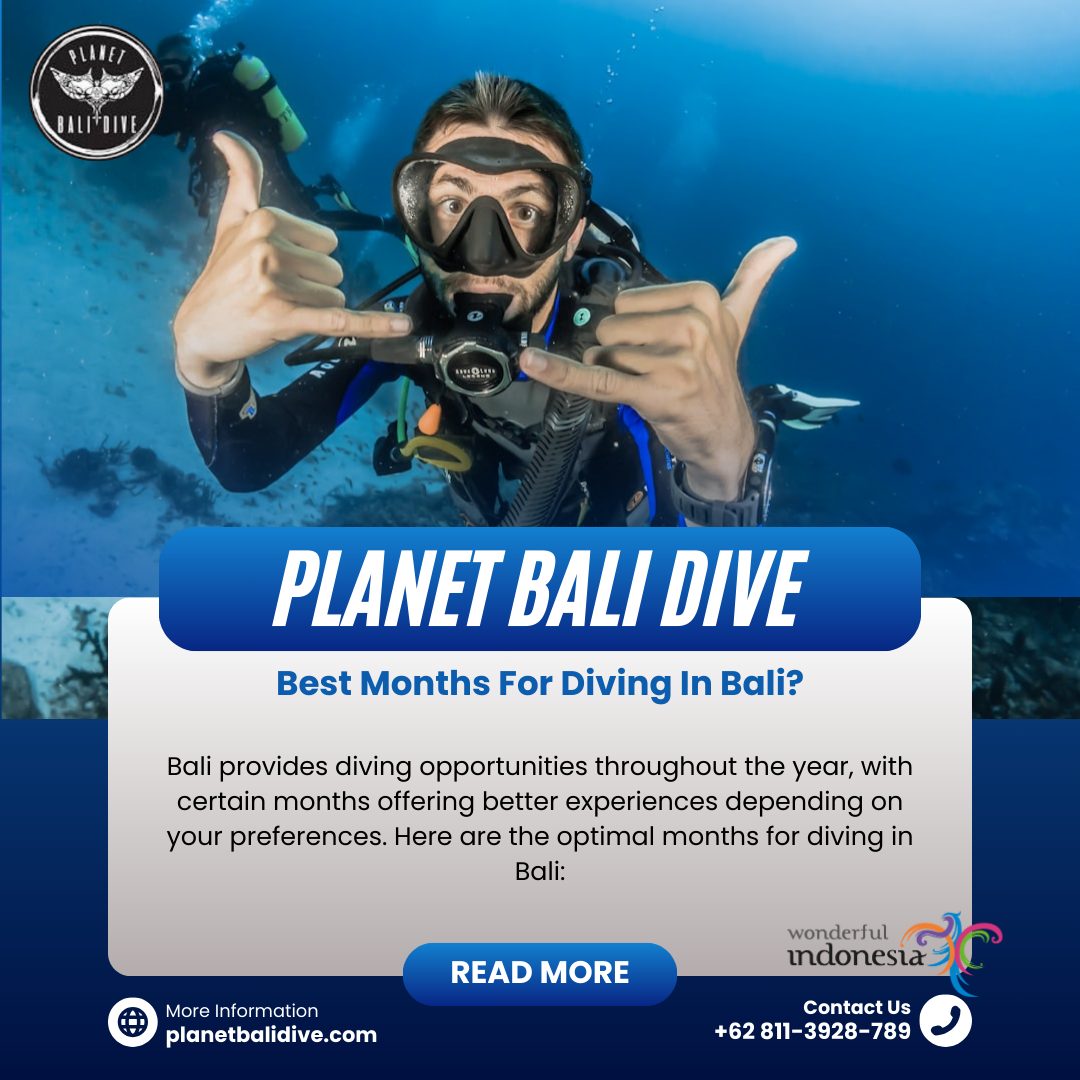Bali, the tropical paradise known for its stunning beaches and vibrant culture, is also a haven for scuba diving and snorkeling enthusiasts. In this blog post, I will delve into the world of underwater exploration in Bali, discussing the pros and cons of scuba diving and snorkeling in this beautiful Indonesian island. Whether you are an experienced diver or a beginner looking to dip your toes into the underwater world, this article aims to provide you with valuable insights to help you make an informed decision about your next aquatic adventure.
Table of Contents
ToggleKey Takeaways
- Scuba diving allows for a more immersive experience, while snorkeling is more accessible and easier for beginners.
- Scuba diving in Bali offers the opportunity to see a wider variety of marine life and explore deeper depths.
- Snorkeling in Bali is a great option for those who want to enjoy the beauty of the ocean without the need for extensive training or equipment.
- Safety is a top priority for both scuba diving and snorkeling in Bali, and it’s important to choose a reputable operator and follow all guidelines.
- Ultimately, the choice between scuba diving and snorkeling in Bali depends on personal preference and comfort level in the water.
Scuba Diving and Snorkeling in Bali
Before we dive deeper into the topic at hand, let’s first define what scuba diving and snorkeling entail. Scuba diving involves exploring the depths of the ocean using a self-contained underwater breathing apparatus (SCUBA), which allows divers to breathe freely while submerged. On the other hand, snorkeling is a surface-level activity that involves swimming near the water’s surface while wearing a mask and fins to observe marine life below.
Bali offers an array of breathtaking spots for both scuba diving and snorkeling enthusiasts alike. From vibrant coral reefs teeming with colorful fish to mesmerizing shipwrecks that tell tales of maritime history, there is something for everyone beneath Bali’s azure waters. Popular spots include Tulamben Bay with its famous USAT Liberty shipwreck, Nusa Penida Island known for its manta ray encounters, and Amed Beach boasting stunning coral gardens.
The Pros and Cons of Scuba Diving in Bali
Scuba diving in Bali presents numerous advantages that make it an enticing activity for adventure seekers. One major advantage is being able to witness marine life up close in their natural habitat – an experience unlike any other on land. Swimming alongside majestic manta rays or encountering playful sea turtles can leave lasting memories etched deep within one’s soul.
However, it is important to consider the disadvantages as well. Scuba diving can be a costly endeavor, especially when factoring in equipment rental, dive trips, and certification fees. Additionally, scuba diving requires proper training and certification to ensure safety underwater. While this may seem like a drawback for beginners, it is crucial for maintaining the integrity of the sport and protecting both divers and marine ecosystems.
Differences in Experience between Scuba Diving and Snorkeling in Bali
| Experience | Scuba Diving | Snorkeling |
|---|---|---|
| Depth | Can go deeper, up to 40 meters | Limited to surface level |
| Equipment | Requires scuba gear, including tanks, regulator, and weights | Only requires a mask, snorkel, and fins |
| Duration | Longer dive times, up to 60 minutes or more | Shorter snorkel times, up to 30 minutes or less |
| Experience Level | Requires certification and training | No certification or training required |
| Marine Life | Opportunity to see a wider variety of marine life, including larger species | Can still see a variety of marine life, but limited to surface level |
| Cost | More expensive due to equipment and certification requirements | Less expensive, only requires basic equipment |
The experience of scuba diving in Bali is unparalleled. As a diver descends into the depths of the ocean, they are enveloped by an ethereal silence broken only by their own breaths echoing through their regulator. The feeling of weightlessness combined with the ability to explore vast underwater landscapes creates a sense of awe and wonder that cannot be replicated elsewhere.
On the other hand, snorkeling offers its own unique charm. With just a mask and fins, snorkelers can effortlessly glide along the water’s surface while observing vibrant coral reefs below them. The simplicity of snorkeling allows individuals who may not have scuba diving certifications or extensive training to still enjoy glimpses into Bali’s underwater wonders.
Safety Considerations for Scuba Diving and Snorkeling in Bali
Safety should always be paramount when engaging in any water-based activity, especially scuba diving or snorkeling where potential risks exist beneath the surface. It is essential to prioritize your well-being by adhering to safety guidelines provided by reputable dive centers or tour operators.
Some tips for staying safe while scuba diving or snorkeling in Bali include thoroughly checking your equipment before each dive/snorkel session, ensuring you have received proper training if you are new to these activities, never exceeding your limits or venturing into unfamiliar waters alone without professional guidance.
Location for Scuba Diving: Planet Bali Dive
When it comes to choosing a location for scuba diving courses in Bali, Planet Bali Dive stands out as a top-notch option. Located in the heart of Bali, this dive center offers comprehensive courses for divers of all levels, from beginners to advanced. Their experienced instructors provide personalized attention and guidance, ensuring that each student receives the necessary skills and knowledge to explore Bali’s underwater realm safely.
Taking a scuba diving course at Planet Bali Dive comes with numerous benefits. Not only do they offer flexible schedules to accommodate different time constraints, but they also provide state-of-the-art equipment for their students. Additionally, their commitment to sustainable diving practices ensures that divers are educated on how to minimize their impact on fragile marine ecosystems.
Which is Better – Scuba Diving or Snorkeling in Bali?
In conclusion, both scuba diving and snorkeling offer unique experiences in Bali’s aquatic wonderland. Scuba diving allows for a more immersive exploration of the underwater world but requires proper training and certification. Snorkeling provides an accessible way to appreciate the beauty of Bali’s marine life without extensive equipment or certifications.
Ultimately, whether scuba diving or snorkeling is better depends on your preferences and experience level. If you crave adventure and are willing to invest time and resources into obtaining certification, scuba diving will undoubtedly provide you with unforgettable memories beneath the waves of Bali’s oceans. However, if you prefer simplicity and want a taste of what lies beneath without committing fully, snorkeling can still offer glimpses into this magical realm.
Whichever path you choose – be it exploring vibrant coral reefs as a certified diver or gliding along the surface as a snorkeler – one thing is certain: Bali’s underwater world holds treasures waiting to be discovered by those who dare venture below its shimmering surface.
With its crystal-clear waters and diverse marine life, Bali offers an enchanting experience for both certified divers and snorkelers. As a certified diver, you can immerse yourself in the vibrant coral reefs, swimming alongside colorful fish and encountering unique species. On the other hand, as a snorkeler, you can glide along the surface, marveling at the beauty of the underwater world without the need for extensive training. Regardless of your chosen path, Bali’s underwater world promises hidden treasures and unforgettable encounters for those who are brave enough to explore its shimmering depths.










